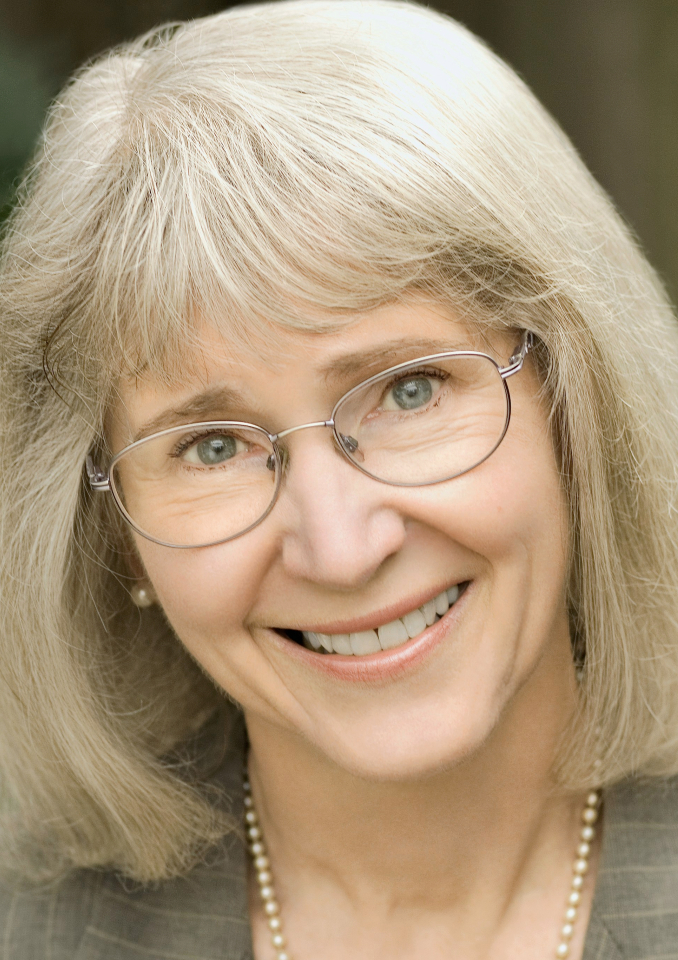On this date in 1945, anthropologist and educator Eugenie Carol Scott was born in La Crosse, Wis., to Virginia (neé Derr) and Allen Scott. She was raised in Christian Science by her mother and grandmother but later, influenced by her sister, joined a Congregational church.
She earned a B.S. and an M.S. from the University of Wisconsin-Milwaukee and a Ph.D. in biological anthropology from the University of Missouri in 1974. Her dissertation title was “Dental Evolution in Pre-Columbian Coastal Peru.”
Scott then joined the University of Kentucky in Lexington as a physical anthropologist. A citizens group proposed in 1980 that Lexington’s schools should teach creationism. She took a group of students to a debate in Missouri between her mentor James Gavan and “young Earth” creationist Duane Gish. Her group was “greatly dismayed,” she recalled later. “The scientist talked science, and the creationist connected to the audience and told good jokes and was really personable. And presented a lot of really bad science.” (New York Times, Sept. 2, 2013)
The scientific community saw the need to push back and in 1983 formed the National Center for Science Education (NCSE) with the goal of “defending the teaching of evolution in public schools.” Scott assumed the helm as its first national director in 1987. Based in Oakland, Calif., she served in that position for the next 27 years.
She had married Robert Black in 1965. After divorce, she married Thomas Sager in 1971. Their daughter, Carrie Ellen Sager, is an attorney specializing in state-church separation, employed as of this writing in 2022 as a staff attorney for HomeBase, The Center for Common Concerns, in El Cerrito, Calif.
“Scott describes herself as atheist but does not discount the importance of spirituality,” said a San Francisco Chronicle news story. (Feb. 7, 2003) “Science is a limited way of knowing, looking at just the natural world and natural causes. There are a lot of ways human beings understand the universe — through literature, theology, aesthetics, art or music.”
If she called herself an atheist to the Chronicle writer, it was out of character because Scott typically said she was a pragmatic humanist, at least in regards to her NCSE work. In another article, she joked that sometimes she thinks her first name is “Atheist” because she’s called “Atheist Eugenie Scott” so much.
“You need to make it very clear you are not a humanist organization, you’re not an atheist organization, you’re not a religious organization, you are religiously neutral,” she remembers Fred Edwords of the American Humanist Association telling her. “You stand for science and science education.” (Interview with Canadian sociologist Tom Kaden, May 14, 2012)
The anti-evolutionists next invented a pseudoscience called “intelligent design” to invade schools. Scott served as a pro bono consultant in the landmark Kitzmiller v. Dover trial, in which federal Judge John Jones ruled in 2005 that it was a form of creationism and hence unconstitutional.
David Berlinski, author of “The Devil’s Delusion: Atheism and Its Scientific Pretensions,” wrote: “Eugenie Scott is a small squirrel-like creature who is often sent out to defend Darwin. Whenever doubts are raised, she withdraws a naturalistic nut from her cache and flaunts it proudly.” (Discovery Institute, March 17, 2006) Scott countered by calling herself “Darwin’s golden retriever,” playing on the description of biologist T.H.H. Huxley as “Darwin’s bulldog” for his spirited advocacy.
NCSE then waged battles in Florida, Texas and elsewhere against efforts allowing teachers to “teach the controversy” about evolution so students could “analyze and evaluate” the theories. (Scientific American, June 1, 2009) In Cobb County, Georgia, a school board ordered insertion of disclaimers in science textbooks that said “evolution is a theory, not a fact” and should be “critically considered.”
Scott was the recipient in 2012 of its Richard Dawkins Award by the Atheist Alliance of America, given to “individuals it judges to have raised the public consciousness of atheism.”


